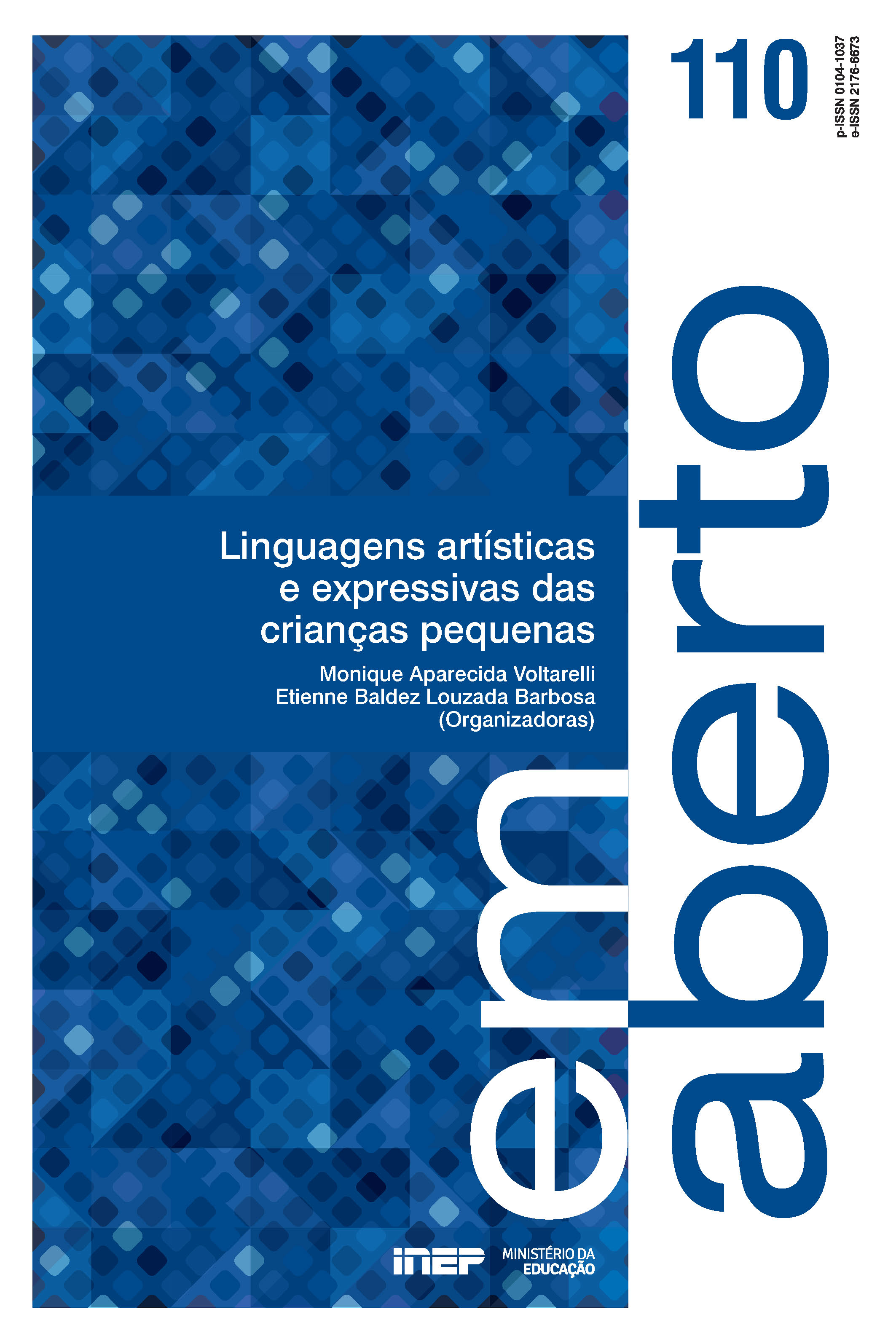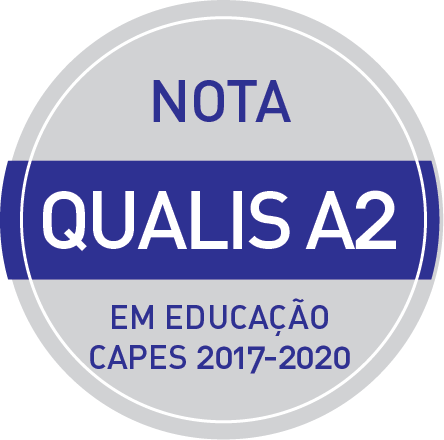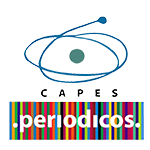The power of make-believe and young children’s experience with narratives: inspirations from the work of Vivian Gussin Paley
Abstract
This essay discusses some aspects of the work by the U.S. educator Vivian Gussin Paley (1929-2019), internationally renowned for her various books dedicated to play, fantasy and narrative creation in early childhood education environments. Through commentaries on her books and talks, this article presents some of Paley’s main contributions to an education of young children that values their imagination and freedom to make-believe, understood as essential to develop their subjectivity. Among the many themes associated to this general idea, there is a focus on Paley’s methodology developed to the creation of meaningful stories by the children themselves and the dialogic aspect of the narrative desired, in an interplay of children and teacher’s stories, written for that specific context, with the aim of building a profound sense of community. The conclusion sums up the dimensions of the author’s work that are seen as the most potent inspirations for the education of early childhood in our country.
Downloads
References
BRUNER, J. A cultura da Educação. Tradução de Marcos Domingues. Porto Alegre: Artmed, 2001.
COOPER, P. M. Literacy learning and pedagogical purpose in Vivian Paley’s ‘storytelling curriculum’. Journal of Early Childhood Literacy, [S. l.], v. 5, n. 3, p. 229-251, Dec. 2005.
CORSARO, W. A. Sociologia da Infância. 2 ed. Porto Alegre: Artmed, 2011.
EGAN, Kieran. The educated mind: How cognitive tools shape our understanding. Chicago: The University of Chicago Press, 1997.
GIRARDELLO, G. E. P.: SOUZA, R. C. A brincadeira narrativa como eixo do trabalho docente: inspirações a partir de Vivian Paley. Zero-a-Seis, Florianópolis, v. 22, n. 41, p. 31-46, jan./jul. 2020.
GREENE, M. Releasing the imagination: essays on Education, the Arts and Social Change. San Francisco: Jossey-Bass, 1995.
JEAN, G. Los senderos de la imaginación infantil: los cuentos, los poemas, la realidad. Mexico: Fondo de Cultura Económica, 1990.
LEE, T. Princesses, dragons and helicopter stories: storytelling and story acting in the early years. New York: Routledge, 2004.
PALEY, V. G. The boy who would be a helicopter: the uses of storytelling in the classroom. Cambridge: Harvard University Press, 1991.
PALEY, V. G. The boy on the beach: building community through play. Chicago: The University of Chicago Press, 2010.
PALEY, V. G. A child’s work: the importance of fantasy play. Chicago: The University of Chicago Press, 2005.
PALEY, V. G. How can we study the narrative of play, when the children are given so little time to play? Talk, Chicago, Mar. 2015. Available in: <https://youtu.be/fbGZfDLphVs>. Acess in: 1 Mar. 2021.
PALEY, V. G. Conversations with young children: fantasy, friendship, fairness and other urgent topics on every child’s mind. Talk at Wonderplay Conference 2008, New York, Nov. 2008. Available in: <https://youtu.be/wWxYRkmHNXM>. Acess in: 1 Mar. 2021.
PALEY, V. G. You can’t say you can’t play. Cambridge: Harvard University Press, 1992.
SOUZA, R. C. de. Brincando com histórias: um estudo sobre Vivian Gussin Paley e seu “menino helicóptero”. 2018. 143 f. Dissertação (Mestrado em Educação). – Centro de Ciências da Educação, Universidade Federal de Santa Catarina, Florianópolis, 2018.
Copyright (c) 2021 Em Aberto

This work is licensed under a Creative Commons Attribution-NonCommercial 4.0 International License.
These are the terms of this Copyright Notice:
- I declare that I permanently forfeit in favor of the National Institute of Educational Studies and Research (INEP) all rights related to:
-
- editing, publication, reproduction, and distribution of the work;
- publication through digital and electronic media;
- translation of the work to any language;
- updating, re-printing, adaptation, and compression of the work;
- uploading of work in the publishing platform of INEP;
- divulging complete or parts of work through the World Wide Web (internet), whether in Brazil or foreign countries;
- authorization of third parties to execute any of the acts mentioned before.
- I explicitly declare that I am solely responsible for the opinions expressed in the work, and its publication does not violate the rights of third parties.
- I declare that the nature of said work is one of pro bono publico and, as such, I forfeit the right to any compensation regarding ownership rights granted.
- I authorize spelling and grammatical review of the manuscript, provided that the content and opinions therein remain unchanged.












